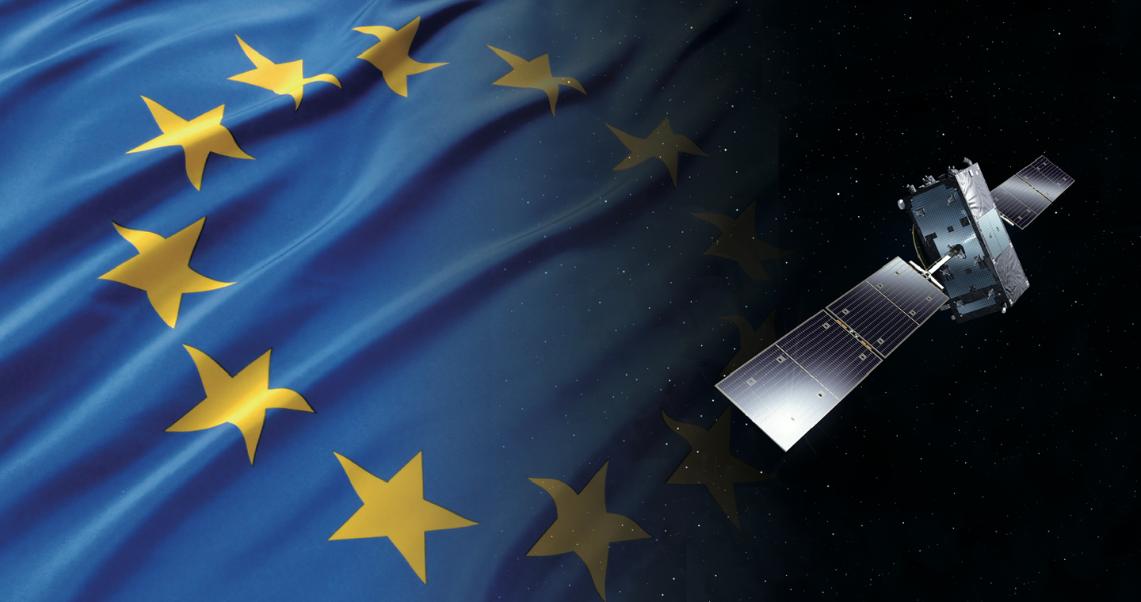Managed by FDC under the aegis of the Belgian, French, German, Italian and Spanish ministries of defence, GEODE the largest and one of the most ambitious defence cooperation projects launched under the umbrella of the European Commission’s European Defence Industrial Development Program (EDIDP).
Speaking at the recent Satellite Summit in Munich, Frank Wilms, Principal at FDC, said, “The development of the Galileo Public Regulated Service (PRS) user segment is under the authority and is the responsibility of the Galileo member states. To that end, two large projects, GEODE and NAVGARD, have been launched.” The first of these, GEODE, was launched in 2021 and brings together 30 companies from 14 countries, including the likes of Airbus Defence and Space, Siemens, Orolia, Leonardo, Thales, GMV, Telespazio, Saab and many others. The goal of the project is to provide security modules, receivers and infrastructure prototyping.
“GEODE will feature operational field tests in various domains,” said Wilms, “for army, navy, drones and timing and synchronization applications. The sheer size of this project is indicated by the number, 1500, of deliverables and outputs. Our initial intention is to derive common technical specifications and standards, and use them to implement a range of equipment assets, to deliver fortified and operational PRS receivers, expected to be ready for demonstration in 2026.”
To make this happen, GEODE is developing a range of security modules, based on different technologies such as field programmable gate arrays (FPGAs) and application specific integrated circuits (ASICs). FPGAs allow customers the ability to reconfigure hardware to meet specific use case requirements after the manufacturing process, while ASICs are more power efficient and have better performance than off-the-shelf general purpose integrated circuits.
“These new GEODE security modules are mostly hidden behind the security umbrellas of the member states who are responsible for their development and their accreditation,” Wilms said. “Receiver and infrastructure prototyping will be taking place for standalone PRS receivers as well as server-based PRS receivers, for maritime PRS, timing and synchronization PRS, space server-based PRS and others, plus a certain range of support facilities. This includes a range of defense fields, all integrating these prototypes, to deployed on various land, maritime, air, RPAS [remotely piloted aircraft systems] and timing and sync platforms, for the end user demonstrations at the end of the project.”
Wilms pointed to a number of smaller member states participating in the GEODE project demonstrations, such as the Czech Republic, Greece and Romania. “From the user/procurement agent perspective, this is very important,” he said. “We want to to deliver to the member states equipment that is interoperable, ideally plug and play compatibility so that all member states have a choice of equipment, ready for use, that they can select on a case-by-case basis, for their own particular platform needs.” Among other things, the European Commission hopes to see GEODE boosting EU industrial competitiveness in the highly strategic domain of military positioning, timing and synchronization, while advancing the equipping of EU member states’ military forces with Galileo PRS capability.






